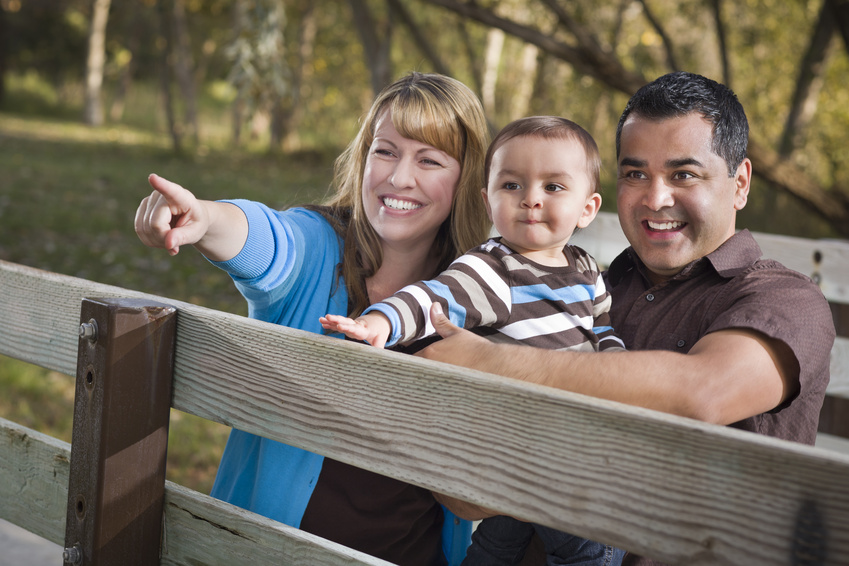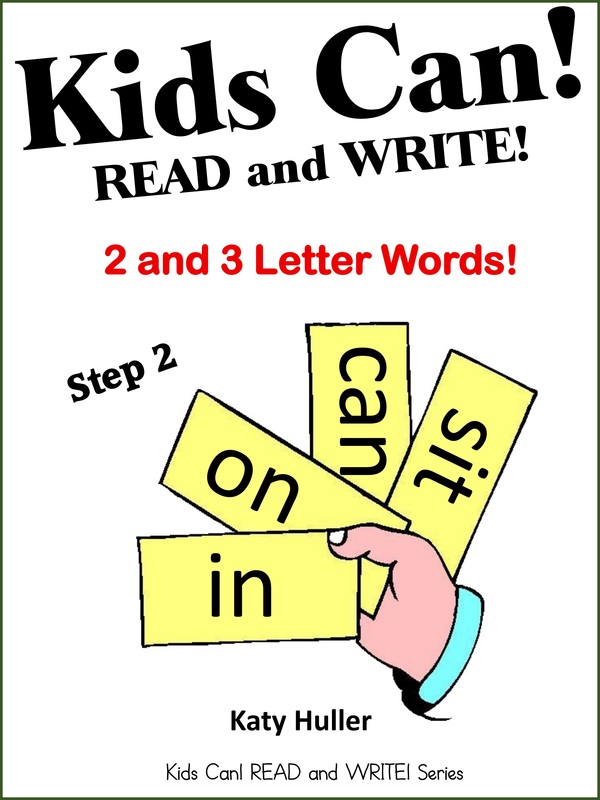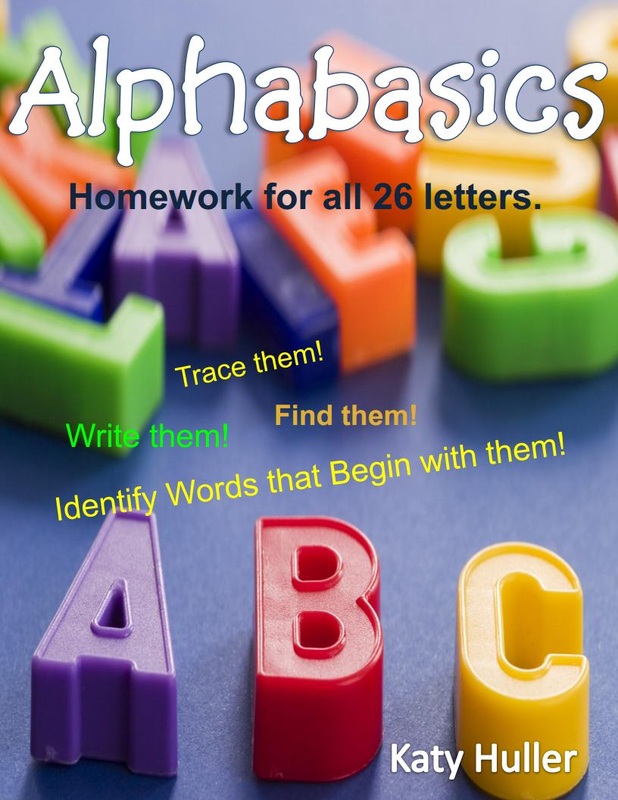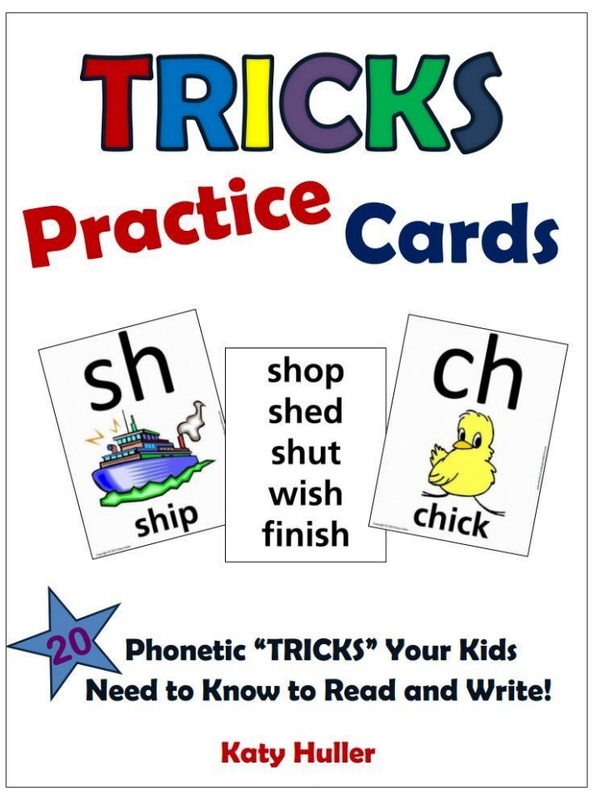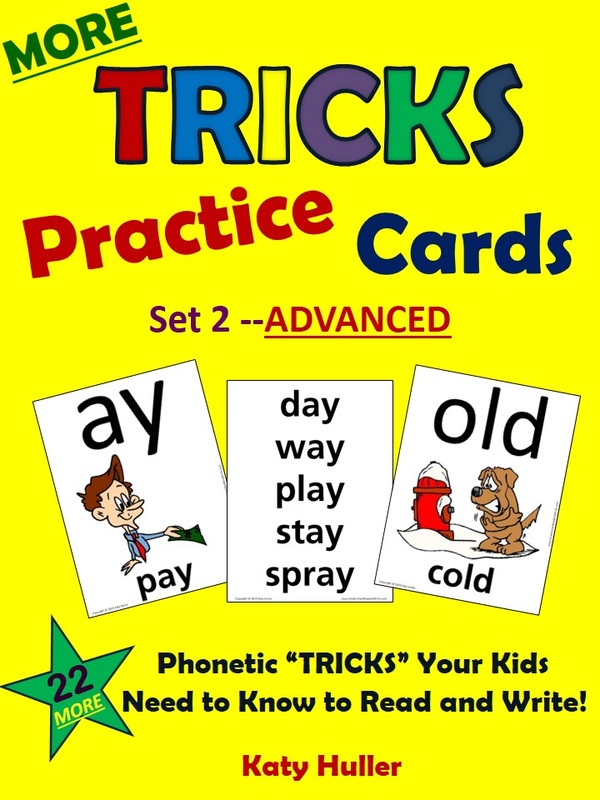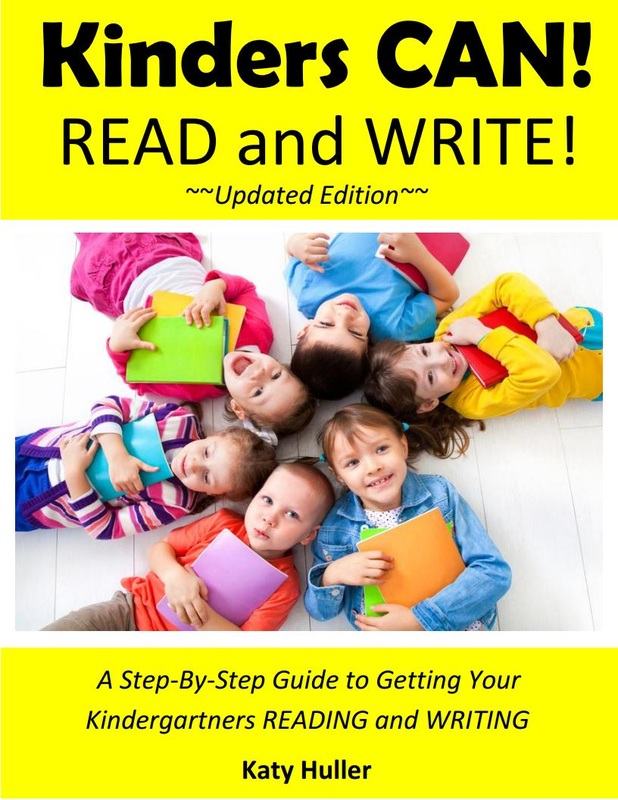|
- Play with your toddler. Playing with your toddler can lead to huge rewards. Not only does it give you bonding time with your toddler, but it can be the perfect way to teach your toddler things without having to set up "formal lessons." While you are playing, your toddler will be learning! --Do alphabet puzzles with your toddler, calling out the letters and their sounds as you pick them up.
--Create puppet shows, play house, build with blocks, and do all of the other things your toddlers want to do. Talk as you play!
- Give your toddler choices! Help your toddler learn to think. Give your toddler choices throughout the day. Your toddler can help decide what he or she wants to wear, wants to play, etc.
- Limit television to educational shows. What your child watches on t.v. will help form his or her personality and add to his or her "background knowledge." Choose the shows you allow your child to watch with caution. Educational shows can help build your child's vocabulary and understanding about the world, while overly violent and/or active cartoons, shows, and movies can introduce behaviors and language skills you might not welcome as heartily.
- Teach letters and sounds... without lessons! If your child is able to learn new words with ease, your child can learn to name letters and associate them with sounds. The easiest way to introduce your child to letters and sounds is to make letters and sounds a natural part of life.
not to pose a choking hazard.)
--Get foam letters for the bath, and let your child "fish for letters." Talk about the letters your child "catches," naming the letter and saying its
sound.
--Buy electronic toys that teach letters and sounds, and let your child play them.
--Read lots of alphabet books to your child, making sure to point to the letter each time you turn the page. When you point to it, say the
letter's name and sound. Then name all of the pictures that begin with that letter and sound (point to them as you do so).
- Read BOOKS to your toddler! It's really important to read a lot of books with your toddler. You should try to read several each day. Snuggle up in a quiet place, and make your reading time a special part of the day. Get books that are interesting to your child, and make sure you alter your voice to sound like the various characters as you read. Read as many different types of books as possible, making sure to include counting books, alphabet books, color books, shape books, and story books. When you read to your toddler, make sure you are pointing to the pictures as you say what they are, or as you read about something going on in them. In other words, point to the number one when you say the word "one." Then point to the animals or whatever as you count them and say, "One horse." When you read an alphabet book, point to the large image of the letter and say the letter's name and sound. Then repeat the letter's name and sound before pointing to each picture that begins with that letter/sound and saying what it is. For example, point to the Aa and say, "A,/a/... A/a/ apple, A/a/ alligator, A/a/ ant, etc. Before you know it, your child will have all sorts of "school knowledge" without your ever having had to give an actual lesson.
- Keep books where your toddler can reach them. It's important to keep a bunch of books your toddler can handle and read nearby. Try putting them near your child's toys, and make sure they are inviting, as well as easy to grab and look through. (Instead of putting them on a bookshelf where only their spines can be seen, condsider leaning them against a nearby wall with the covers facing out.) This will make them seem more like "toys," and will most likely help call more attention to them. Board books are wonderful to invest in, as they are virtually indestructible! Try to get all different types of books so you can introduce your child to all sorts of new ideas, people, places, and things.
- Get your toddler coloring! Coloring is a great way to get your toddler's hands ready for writing. Let your toddler scribble all over the page and explore what he or she can design! Offer coloring books as well, but expect them to be colored recklessly!
- Feed your toddler nutritious foods! It can be tempting to let toddlers eat the easily accessible processed foods that abound in the grocery store, but "real" food is so much better for their brains! Serve healthy foods and snacks, and your toddler will learn to crave them.
- Turn on the music! Classical music, children's ongs, and fingerplays are wonderful for the brain. Turn them on, and let your child dance and sing along. Consider putting a child's tape or cd player in your child's room so he or she can listen to this type of music whenever they'd like to. You can get books on tape and/or cd as well!
- Clear up any speech issues ASAP! No matter how "cute" it sounds to have your child mispronounce words, help him or her pronounce them correctly. How your child speaks will greatly influence how he or she writes later on. Help your child learn how to make sounds that are difficult as soon as you can. If you don't think you can help your child speak correctly (or speak at all), hire someone who is qualified to do so. Look for a Babies Can't Wait! program near you (or something similar) and get the help your child needs as soon as possible.
